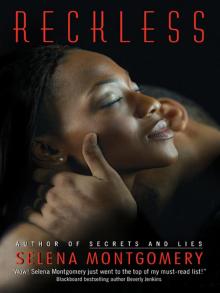 Free Falling, Book 1 of the Irish End Games
Free Falling, Book 1 of the Irish End Games Murder in the South of France, Book 1 of the Maggie Newberry Mysteries
Murder in the South of France, Book 1 of the Maggie Newberry Mysteries Reckless
Reckless The Complete Maggie Newberry Provençal Mysteries 1-4
The Complete Maggie Newberry Provençal Mysteries 1-4 Murder à la Carte (The Maggie Newberry Mystery Series)
Murder à la Carte (The Maggie Newberry Mystery Series)![[Tempus Fugitives 01.0] Swept Away Read online](http://i1.bookreadfree.com/i/03/23/tempus_fugitives_01_0_swept_away_preview.jpg) [Tempus Fugitives 01.0] Swept Away
[Tempus Fugitives 01.0] Swept Away Murder in the South of France: Book 1 of the Maggie Newberry Mysteries (The Maggie Newberry Mystery Series)
Murder in the South of France: Book 1 of the Maggie Newberry Mysteries (The Maggie Newberry Mystery Series) Little Death by the Sea
Little Death by the Sea A Trespass in Time
A Trespass in Time Free Falling
Free Falling